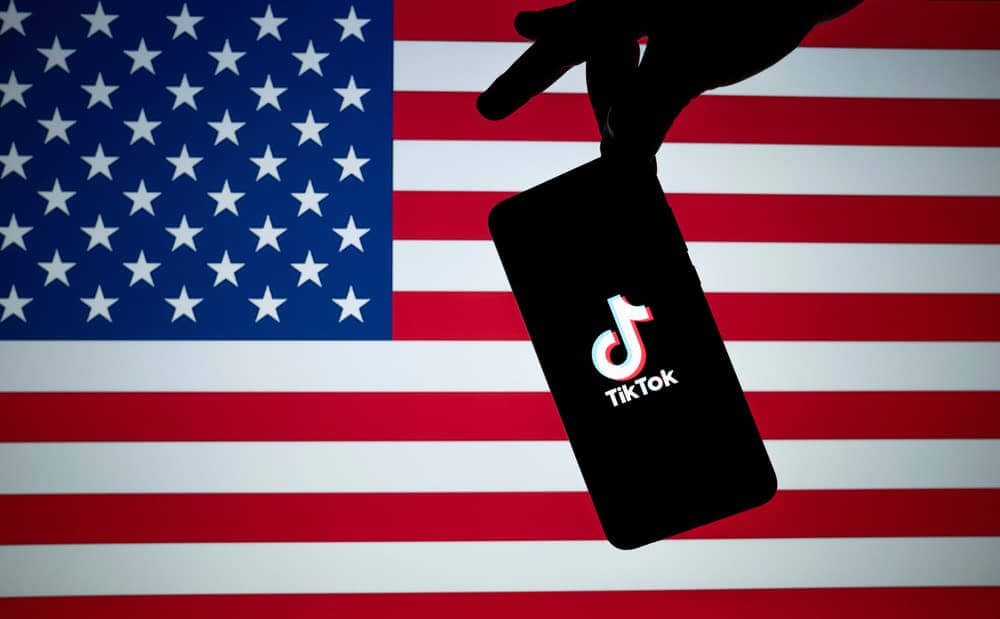
White House Eyes Law for ByteDance’s TikTok Sale
Quick Look:
- Vice President Kamala Harris clarifies that despite security concerns, there is no current plan to ban TikTok.
- The White House pushes for legislation enabling a potential forced sale of TikTok by ByteDance.
- Despite privacy alarms, TikTok retains a strong user base in the U.S., with influencers and users rallying in its defence.
In an era where digital platforms transcend geographical boundaries, the intersection of technology and geopolitics has never been more pronounced. The Biden administration finds itself at the helm of a burgeoning debate, underscored by Vice President Kamala Harris’s recent statement. There is no immediate intention to ban TikTok, the wildly popular short video application owned by the Chinese company ByteDance. This clarification comes amidst escalating concerns from U.S. officials and lawmakers over the potential for the Chinese government to access American consumer data, raising alarms over privacy and national security.
The Legislative Landscape and ByteDance’s Stance
At the heart of the controversy is a bill that, if passed, would compel ByteDance to divest TikTok within six months or face a ban. This legislative effort, buoyed by bipartisan support in the House, underscores the acute apprehensions surrounding foreign influence and data privacy. Yet, as the bill treads water in the Senate, the dialogue surrounding TikTok’s future intensifies. Despite reports suggesting otherwise, ByteDance vehemently denies allegations that it would ever concede user data to the Chinese government. Simultaneously, China’s opposition to any forced sale adds a layer of international tension to the unfolding narrative.
User Engagement and Global Context
Despite the uncertainty, TikTok’s appeal to American users hasn’t wavered. Influencers, including an anonymous figure famous for her hairdressing tutorials, find themselves at a digital crossroads. Meanwhile, TikTok boasts a user base of about 170 million in the U.S. This fact underscores its significant cultural impact. However, there has been a noticeable slowdown in its growth among the youth. Consequently, experts like James Lewis speculate about changes in the digital landscape. They suggest that platforms like Instagram might benefit if TikTok experiences disruptions. Nevertheless, TikTok’s users remain fiercely loyal. They have remained steadfast despite security bans in various countries and attempts to restrict the platform under President Donald Trump. This loyalty highlights their deep connection to TikTok’s unique content and community.
Looking Ahead: TikTok’s Uncertain Horizon
As the Biden administration navigates this complex issue, advocating for legislation that might fundamentally alter TikTok’s operations in the U.S., the discourse extends beyond the confines of Capitol Hill. It touches on the broader implications of technology’s role in society, data privacy’s sanctity, and digital platforms’ global nature. While the future of TikTok hangs in the balance, one thing remains clear. The outcome will shape the landscape of social media and set a precedent for how democracies grapple with the intertwined realms of technology, privacy, and national security in an increasingly interconnected world.




